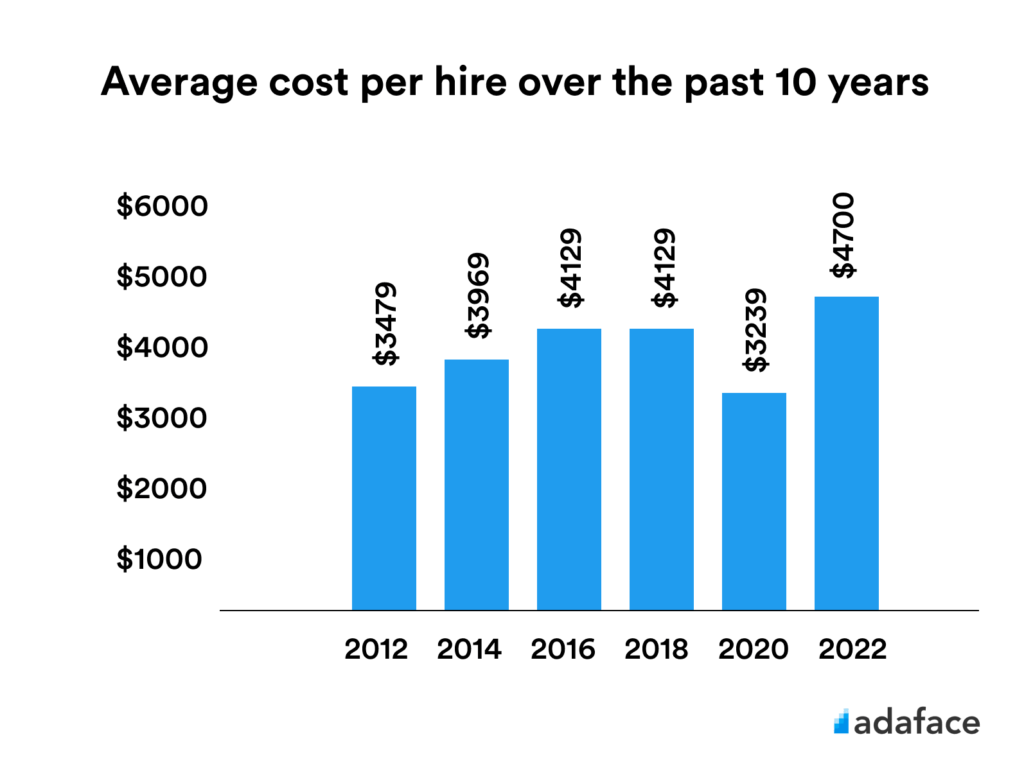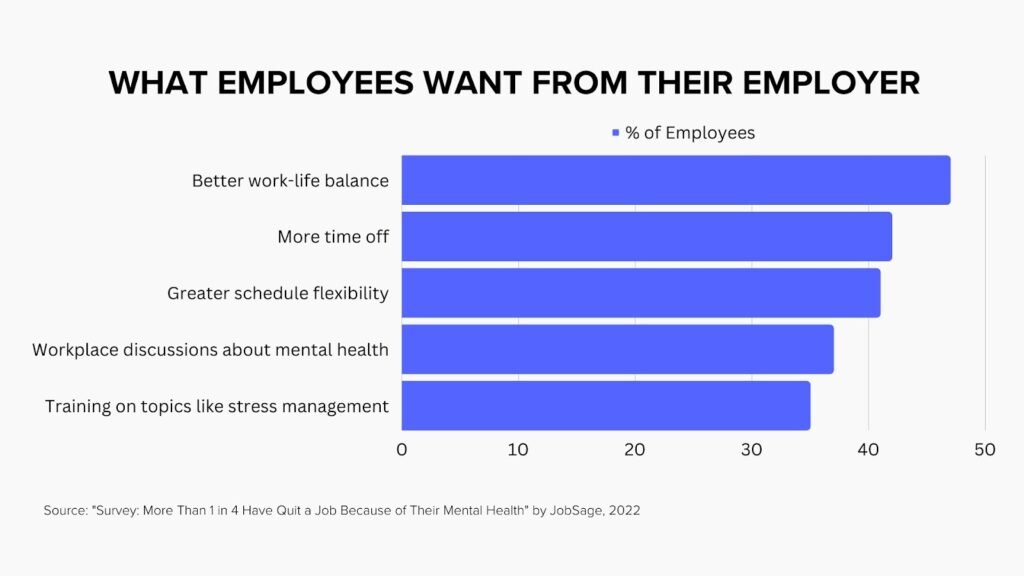The Importance of Work-Life Balance
In todays’ work environment, achieving a balance between work and personal life has become a critical issue. The fast-paced nature of modern life coupled high demands of corporate culture mixed with technology blur the lines between work and personal time. This has made it increasingly challenging for employees to maintain this balance. However, the significance of work-life balance cannot be ignored as it directly impacts employees’ mental health, job satisfaction, productivity, and overall well-being, which for employers, should be a que to listen up.
Understanding Work-Life Balance
Work-life balance refers to the equilibrium between professional responsibilities and personal life. It is about managing work commitments without sacrificing personal priorities and vice versa. Achieving this balance is crucial for maintaining a healthy lifestyle, fostering strong relationships, and ensuring personal fulfillment. For employers, finding this balance can be difficult, but this balance is critical to your business.
Here’s why:
- Happy employees are more productive
- Employees who feel they have work-life balance are less likely to feel the effects of burnout
- Satisfied employees are less likely to exit an organization
Having employees that stick around is essential to the success of any organization. As a business owner, it is important to understand the true cost associated with recruiting, hiring, onboarding, training and evaluations.

The Impact on Mental Health
One of the most compelling reasons to prioritize work-life balance is its impact on mental health. According to a study published in the MDPI Sustainability Journal, work-life balance significantly affects employees’ psychological well-being. The research highlights that employees who struggle to balance work and personal life are more likely to experience stress, anxiety, and burnout, which ultimately lead to poor performance or the employee exiting the organization; both of which are costly.
Chronic stress and burnout not only diminish employees’ productivity and creativity but studies also show that this type of stress has the potential to lead to serious health issues such as depression and cardiovascular diseases. By promoting work-life balance, organizations can help mitigate these risks, ensuring that employees remain healthy and engaged in their work.
Enhancing Job Satisfaction and Productivity
Work-life balance is also a key determinant of job satisfaction. Employees who feel they have control over their work and personal life are generally more satisfied with their jobs. The Harvard Business Review emphasizes that offering work-life support lead to surprising benefits, including increased job satisfaction and productivity. When employees feel supported in balancing their work and personal responsibilities, they are more likely to be motivated, loyal, and committed to their organization and job duties.
Satisfied employees are typically more productive. They bring a positive attitude to the workplace, collaborate better with colleagues, and exhibit higher levels of creativity and innovation. This means that fostering work-life balance can lead to a more dynamic, creative and efficient workforce.

Retaining Top Talent
In today’s competitive job market, attracting and retaining top talent can be a significant challenge for many organizations. Offering work-life balance solutions can be a powerful tool to attract your ideal candidate. Employers can benefit from offerings such as:
- flexible working hours
- remote work options
- paid time off
- flex days
- more autonomy
The Harvard Business Review article notes that employees who receive work-life support are more likely to stay with their employers for the long term. This loyalty reduces turnover rates, saving companies the considerable costs associated with recruiting and training new employees. Additionally, organizations that prioritize work-life balance are often more favorable by potential job candidates. This enhances the ability for your organization to attract high-caliber talent.
Fostering a Positive Organizational Culture
Work-life balance contributes to creating a positive organizational culture. When employees feel their personal lives are valued and, more importantly respected, they are more likely to develop a sense of belonging and loyalty to the organization. This positive culture promotes teamwork, collaboration, and mutual respect among employees, leading to a more harmonious and productive work environment.

https://madeinca.ca/work-life-balance-canada-statistics/ (2022)
Adapting to Changing Workforce Demographics
The demographics of the workforce are changing, with millennials and Generation Z placing a high value on work-life balance. These generations prioritize flexibility and personal time more than previous generations. With this, organizations are obligated to adapt to these changing expectations in order to remain attractive employers. Offering flexible work arrangements, promoting a healthy work-life balance, and understanding the diverse needs of employees are crucial steps in this adaptation.

https://imagine.jhu.edu/blog/2022/11/17/the-changing-generational-values
Let’s Recap
- Work-life balance is more important than ever in today’s work environment
- It is a crucial factor in promoting mental health
- Work-life balance enhances job satisfaction, productivity, and overall well-being of employees
- It helps organizations attract and retain top talent
- It fosters a positive organizational culture
- Implementing factors that increase work-life balance help accommodate changing workforce demographics
For organizations seeking to thrive in the modern era, prioritizing work-life balance is not just a nice-to-have but a necessity. By implementing policies and practices that support this balance, companies can ensure their employees are happy, healthy, and productive, ultimately leading to long-term success of both you and your employees.
References:




Jayson
October 23, 2024 1:53 pmI am not sure where you arre getting your info, but good topic. I needs to spend some time learning more or understanding more. Thanks for magnificent information I was looking for this information for my mission. https://Lvivforum.pp.ua/
Jayson
October 23, 2024 1:53 pmI am not sure where you are getting your info, but goood topic. I needs to spend some time learning more or understanding more. Thanks for magnifikcent information I wass looking for this information for mmy mission. https://Lvivforum.pp.ua/